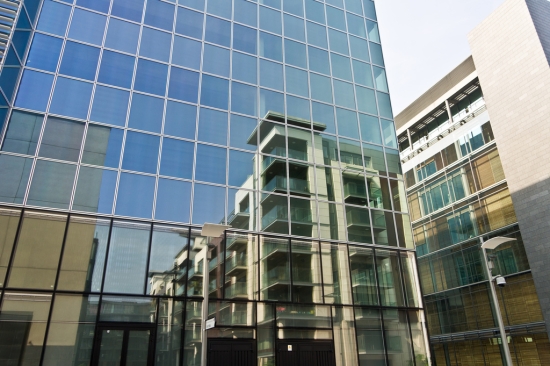Ireland’s newly-formed Hibernia REIT has made its first investment by acquiring a €67m [£55m] portfolio of property loans from Ulster Bank.
The asset collection, which is held by RBS Capital Resolution, includes a mix of commercial and residential properties as well as several undeveloped plots of land. The transaction is the first for the real estate investment trust since its €385m [£317m] flotation in December, 2013.

Estimating it will spend a total of €70m [£57m] for the deal, Hibernia has said it intends to spend another €20m [£16.4m] on development and construction works to be funded from existing cash resources. Some non-core assets will be sold off to provide extra funding.
The Ulster Bank portfolio is made up of 17 assets, all of which are located in Dublin with the exception of two outside the capital. The biggest individual asset is a partly-completed development of 213 apartments in Dundrum, Dublin, which Hibernia intends to complete and make available to the rental market.
A number of commercial properties are also included in the portfolio and which are currently producing a rental income of approximately €1.9m [£1.5m]. These include an 8,900sq ft office block on Grand Canal Dock in Dublin city centre and another 20,000sq ft of mixed commercial space. There are also 27 acres of development land including a 2.8 acre site on Wyckham Way, Dundrum.
The deal is the first for Kevin Nowlan’s Hibernia REIT, but analysts are paying more attention to the fact that Ulster Bank was the seller.
“Now that the first sale is out of the way, we can expect a lot more to come,” said financial writer, Peter Flanagan. “Ulster Bank was one of the biggest lenders in Ireland during the boom, as the company pushed for bigger profits. This worked for a while, but we all know what the end result was.”
The bank still has upwards of €3bn [£2.4bn] worth of property loans which it wants to remove from its books as part of a restructuring mandated by its parent company, Royal Bank of Scotland. Ulster Bank is widely expected to sell about a third of the loans this year.
Notoriously, it financed Sean Dunne’s purchase of the Berkeley Court and Jurys Hotels in Ballsbridge in 2005. Dunne’s plans for a €1bn [£824m] skyscraper on the site never came to fruition, and he has since filed for bankruptcy in the United States.
Ulster Bank is still one of the biggest property owners in Ireland and, at a time when activity in the commercial property sector is at a five-year high, the time is ripe for much of its property portfolio to be put on the market.
The bank is understood to be splitting its properties and property loans into tranches, rather than selling things off individually. The UK Chancellor, George Osborne, is also known to be pushing for a quick solution to Ulster Bank’s problems.
Previous Post
TNT Post to open Four New Delivery Units in London